The quiet voice
Patrick Hipwell is a remarkable advocate for mental health among the farming community.
Like many others who give so much of their time to volunteer work, he has personally been touched by tragedy.
Paddy lost his brother Henry to suicide. Henry was a friend of mine - a kind, gentle, friendly soul. Henry had purpose and meaning in his life, loads of it.
He was very involved in Macra, both competing in competitions and rising to national prominence within the leadership structure. Henry was involved in politics and was the youngest candidate in the country in the local elections in 1991, narrowly losing out on a seat at a time when TDs could be councillors.
Patrick’s ceaseless work as a mental health advocate is a wonderful legacy to his older brother’s memory
Henry was a super farmer and at 35 had a lot achieved and a lot to look forward to.
Henry’s death was an immeasurable loss to his family, but Patrick’s ceaseless work as a mental health advocate is a wonderful legacy to his older brother’s memory.
On a glorious August Sunday morning two weeks ago, Patrick oversaw the launch of Green Ribbon month for the farming community.
The Green Ribbon campaign is the flagship programme of See Change, which works to reduce the stigma associated with mental health problems and to fight for equality for people suffering from mental health difficulties.
The minister
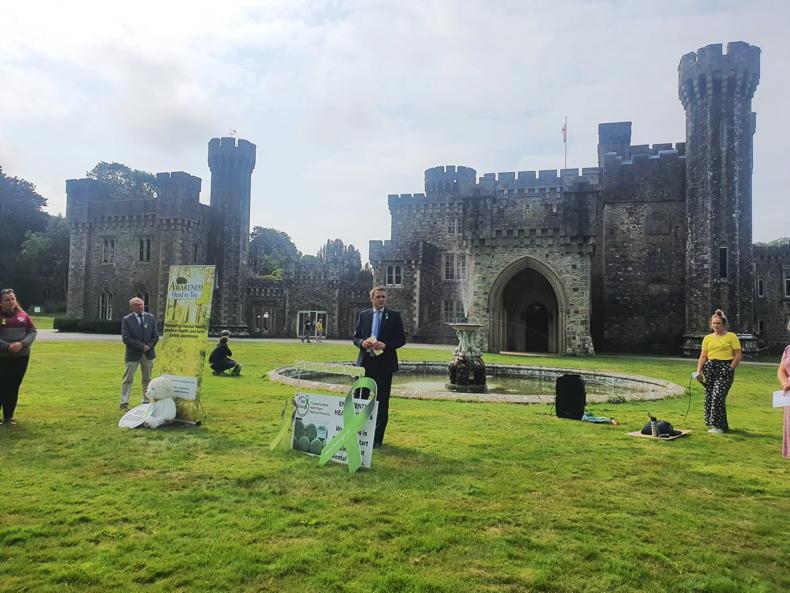
James Browne, Minister of State at the Department of Justice and Equality, was thus an appropriate individual to perform the launch.
All the more so when you know that he was previously Fianna Fáil’s spokesperson on mental health. More again when you know that his father John was a running mate of Henry Hipwell’s in those 1991 local elections.
“All too often people only talk about their mental health when it gets serious or sometimes it’s too late,” he said.
“There is no substitute for peer support, for people who’ve been through a difficult time with their mental health to speak out about it, because what it says to other people who are going through a similar situation is that you have hope, you’re not alone, you can come through this.”
The voice of frustrated farmers
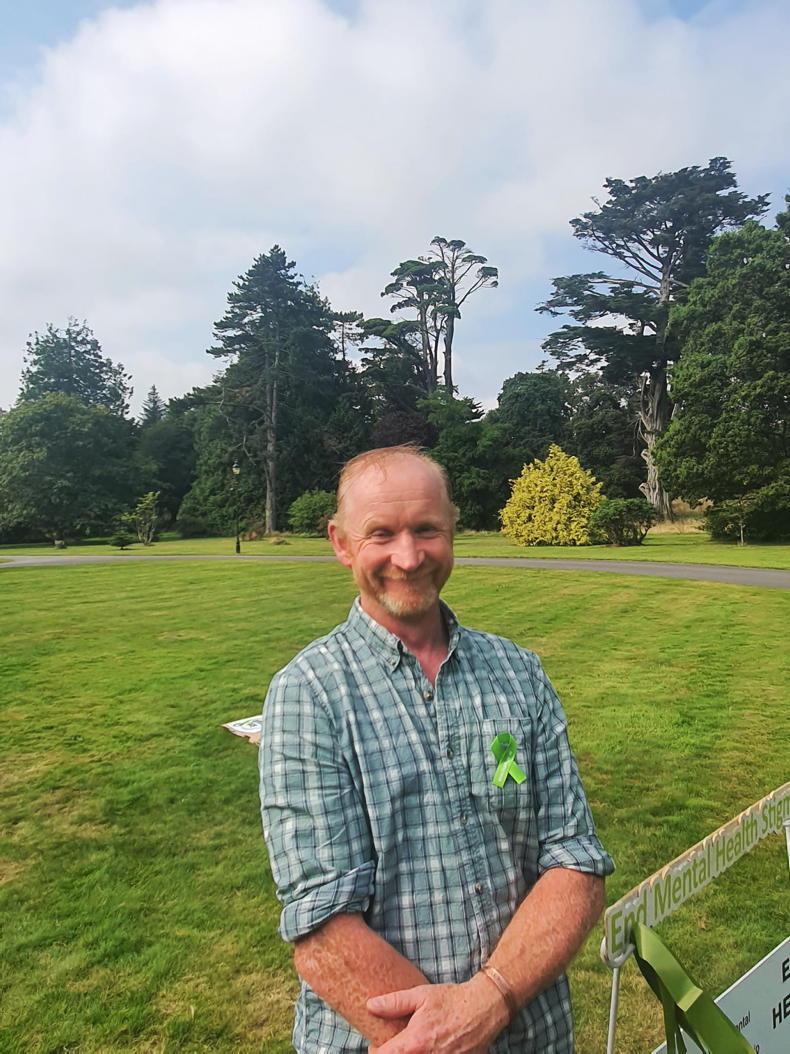
Mattie White wears his heart on his sleeve. Mattie, a drystock farmer from Bannow, Co Wexford, went viral in 2018 at the height of the fodder crisis when he shared his fear, anger and heartache over the prospect of not being able to feed his animals.
The searing honesty of his soliloquy, delivered to his phone from the cab of his tractor on a bleak morning, resonated far beyond the farming community.
Mattie attended the Green Ribbon launch, bearing witness.
He has been extremely open about his own battle to overcome depression and suicidal thoughts, with a Facebook page that encourages people to open up about their difficulties.
Mattie believes that there is a direct link between the economic difficulties on many farms and the mental wellbeing of the farmers
Mattie also fights for better outcomes for farmers like himself. He currently has a petition on Change.org opposing the potential cap on the suckler herds of farmers who sign up for the suckler scheme proposed as part of the next CAP.
Mattie believes that there is a direct link between the economic difficulties on many farms and the mental wellbeing of the farmers who are trying to make a living from those farms.
Mattie is probably right on that one.
The shearer who became a sharer

George Graham is another man who exemplifies the courage and strength is takes to show vulnerability and to admit weakness.
George, a world-renowned sheep shearer, decided to set up a mental health advocacy group specifically focused on the farming and rural community.
Awareness Head to Toe is doing Trojan voluntary work, with George sharing his own experiences to groups all around the country.
He shares a message of hope, of a man who has come back from the brink, and of the many tiny changes we can make to reduce our exposure to stress and mental illness.
The last year and a half has been hard on everybody’s mental health
The message is a simple one - to take care of ourselves, mind and body. Rest, diet, destressing where we can and being open about when things are getting on top of us, are all small steps in the right direction.
The last year and a half has been hard on everybody’s mental health.
So much of the support network that rural communities share has been shut down by the pandemic and the entirely necessary restrictions put in place to limit our exposure to COVID-19.
The Earles event
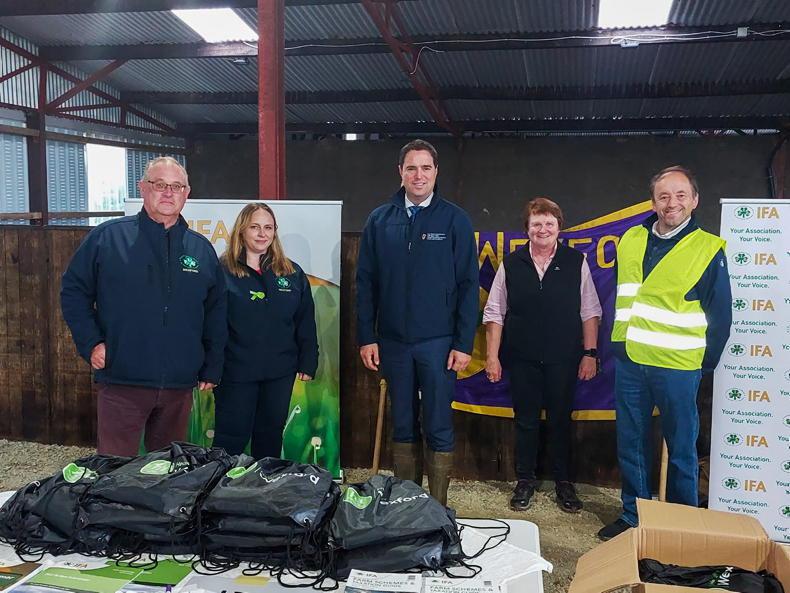
For people living alone or in unhappy or high-stress domestic situations, it’s been particularly difficult. For that reason, last Friday’s gathering on the farm of John and Margaret Earle was a welcome respite.
Alice Doyle, who is the IFA farm family chair in Wexford, was one of the organisers of the event. Alice is also the chair of the Wexford Mental Health Association, and explained to me what took place. “Tom Deane of Teagasc hosted a demonstration of good farm practices to save time on labour and maximise return.
“There was a grassland management demonstration, and an exhibit of efficient sheep handling facilities. Dermot O’Sullivan of Irish Country Meats explained the clean livestock policy.”
The IFA are sometimes characterised as being just about lobbying and fighting on prices and policy, but this kind of local community engagement is a central part of why the IFA matters to the farming community.
The other minister
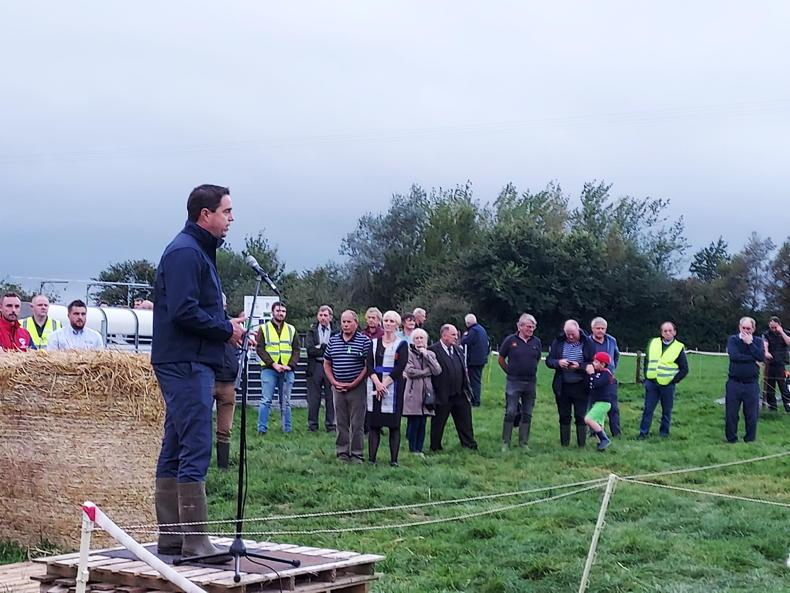
Minister of State at the Department of Agriculture Martin Heydon attended. He has responsibility for farm safety, the first time it has been formally given portfolio status, and is keenly aware of the direct link between good mental health and reduced risk of serious or fatal accidents on farms.
"It’s fair to say that farmers would not be the most at ease talking about their feelings or showing vulnerability," he says.
“A lot of farmers who live in isolation don’t have a family network to support them. The call I put to the crowd at the event on Earles’ farm was to think of that neighbour, find a reason to call to them and establish contact. The point of contact been taken from people during lockdown: pub, church, mart and sport were all taken away. However, the pressure of markets and weather were still there, but the ability to share that pressure with others has been denied to many.
The biggest challenges we have, whether it's farm safety or a change of practice, is because farmers are often so concerned what their neighbours think of them.
That is an impediment to farming outside the mainstream, whether it's organic farming, forestry or a new enterprise. At a time of big change, being afraid of what others think is a negative force.
You could characterise it as two neighbouring farmers, looking over the same hedge, thinking the same thing and both are being held back by their perception that the other might judge them."
A further event in Wexford to promote the Green Ribbon campaign takes place on Sunday 19 September with a "Walk and Talk" at Tintern at 11am.
For further information go to
https://awarenessheadtotoe.com or phone 087 2569072
seechange.ie or phone 01-5413715





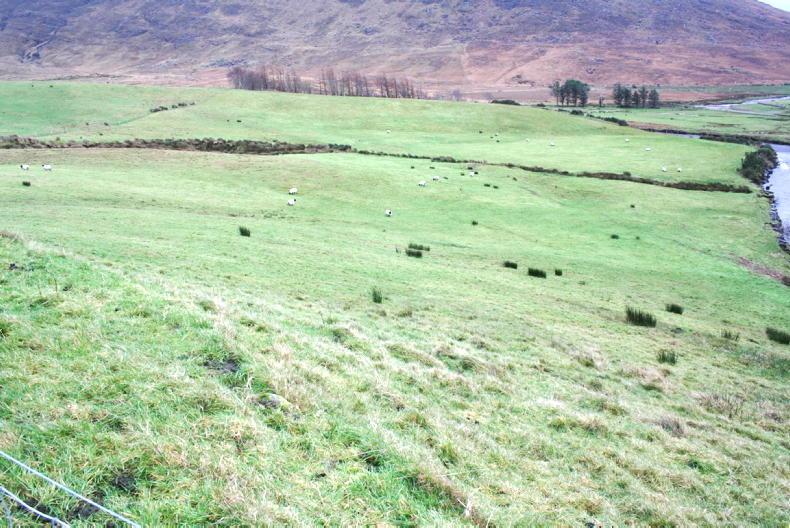

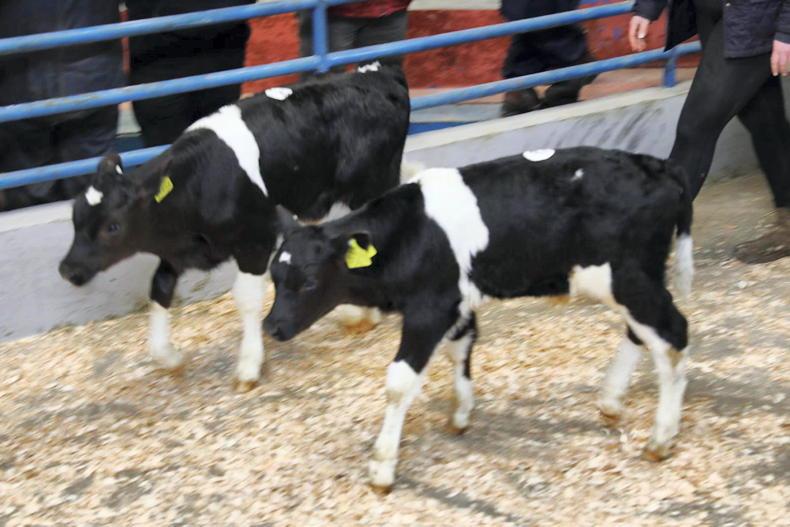
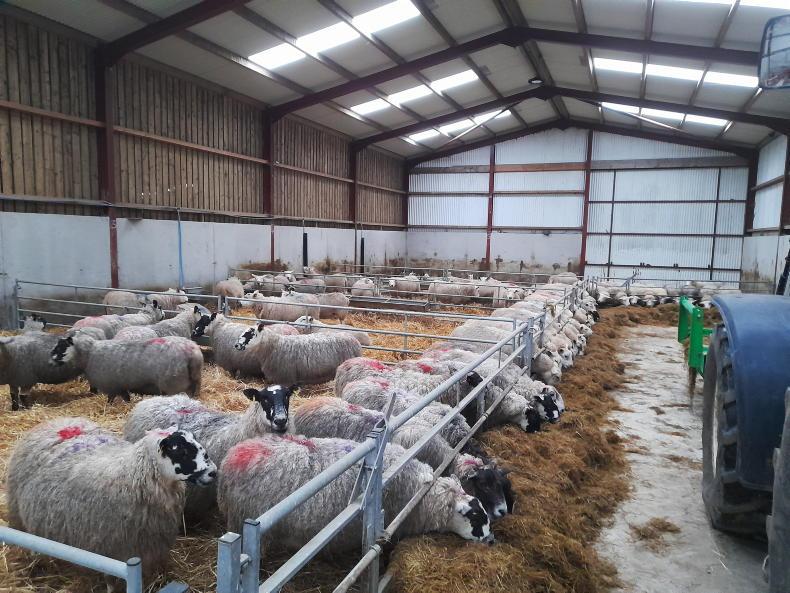
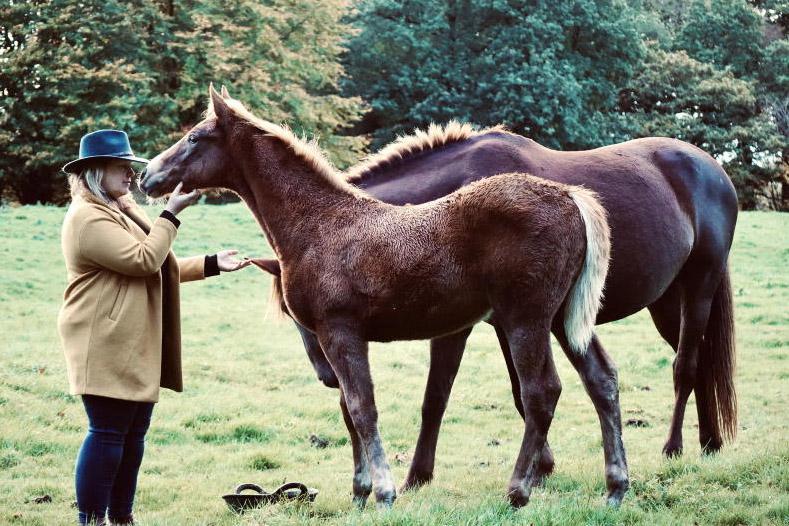
SHARING OPTIONS